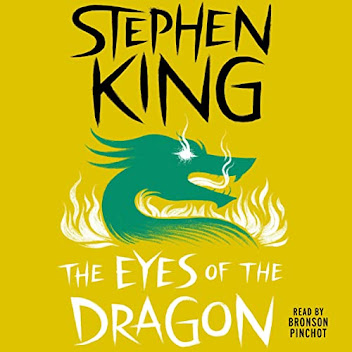UNCOMMON VALOR: A STORY of RACE, PATRIOTISM, and GLORY in the FINAL BATTLES of the CIVIL WAR by Melvin Claxton and Mark Puls
Published in 2005 by John Wiley and Sons, Inc.
The Emancipation Proclamation was effective on January 1, 1863 - it included a provision that former slaves were to "be received into the armed service of the United States". The Union Army was a little slow to enact this provision, but by 1864 there were plenty of African American Union soldiers ready to go into the field. Uncommon Valor follows one of those units during the Petersburg campaign of 1864-1865.
This history primarily follows Christian Fleetwood, an African American Baltimore clerk. Fleetwood was born free, but living in a slave state was a constant reminder of his second class status. He had been considering joining the army for a long while, trying to determine if it would be a blow for freedom, or just choosing to support one oppressive regime in order to fight an even more oppressive regime. If that was the case, he might as well sit it out and let both sides clobber one another.
 |
| Sgt. Major Christian Fleetwood (1840-1914) in the year 1900. |
Eventually, though, they were given more and more assignments, including probes into the outer defenses of the capital of the Confederacy itself.
In the summer of 1864, General Grant determined that he would push Lee's army continuously until he destroyed it or Lee surrendered. Lee had to defend Richmond at all costs, so it was starting to become a static line, almost like a World War I line of trenches.
Grant ordered a quick attack on Petersburg, a large train junction town more than 20 miles south of Richmond. The theory was that if the Union took Petersburg and stop the trains bringing in supplies, it could quickly starve out Lee's army.
Fleetwood wanted action - now he had it. He would serve in multiple engagements and eventually earn the Congressional Medal of Honor for his part in the Battle of New Market Heights.
All of these battles and maneuvers are pretty well-described, but maps, even poor ones, would have been helpful. I am always a fan of lots of maps in my Civil War histories - it just helps the reader understand things so much better.
Besides the maps, this book really needed a section that discussed what the main people mentioned in the book did after the war. It didn't need a lot of detail, but something would have been nice.
I rate this history 4 stars out of 5. It can be found on Amazon.com here: UNCOMMON VALOR: A STORY of RACE, PATRIOTISM, and GLORY in the FINAL BATTLES of the CIVIL WAR by Melvin Claxton and Mark Puls.












Comments
Post a Comment